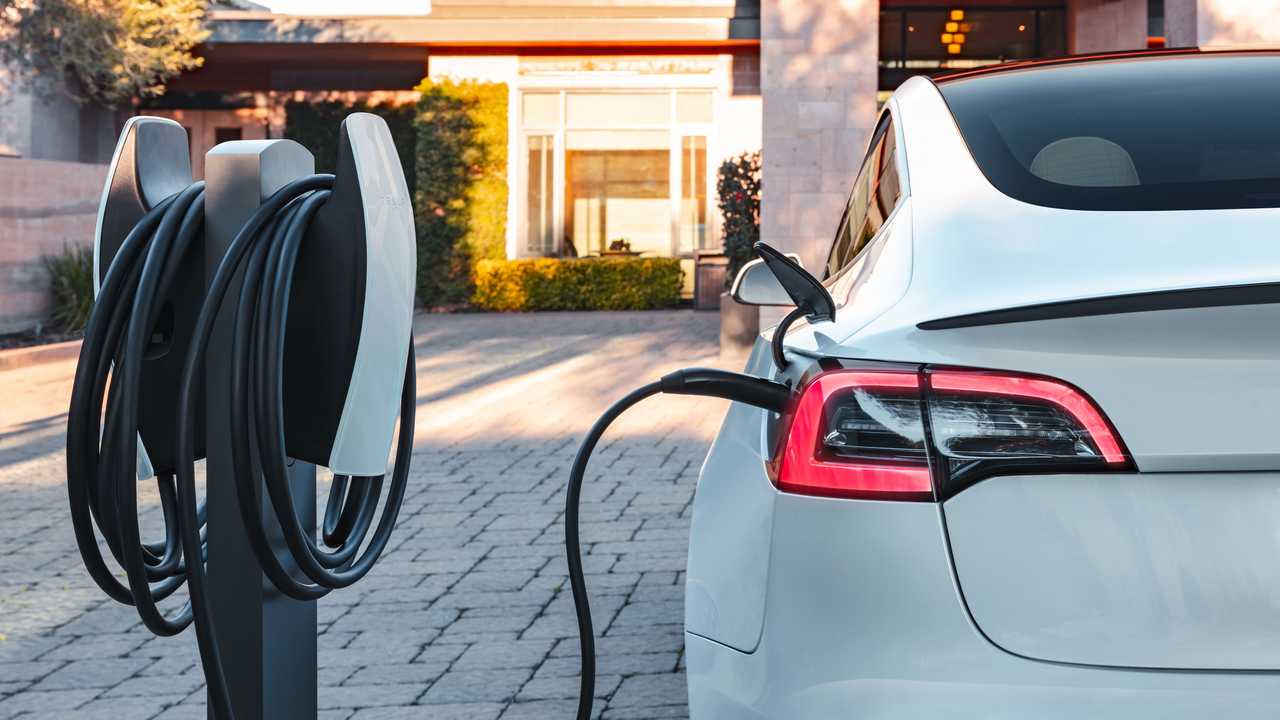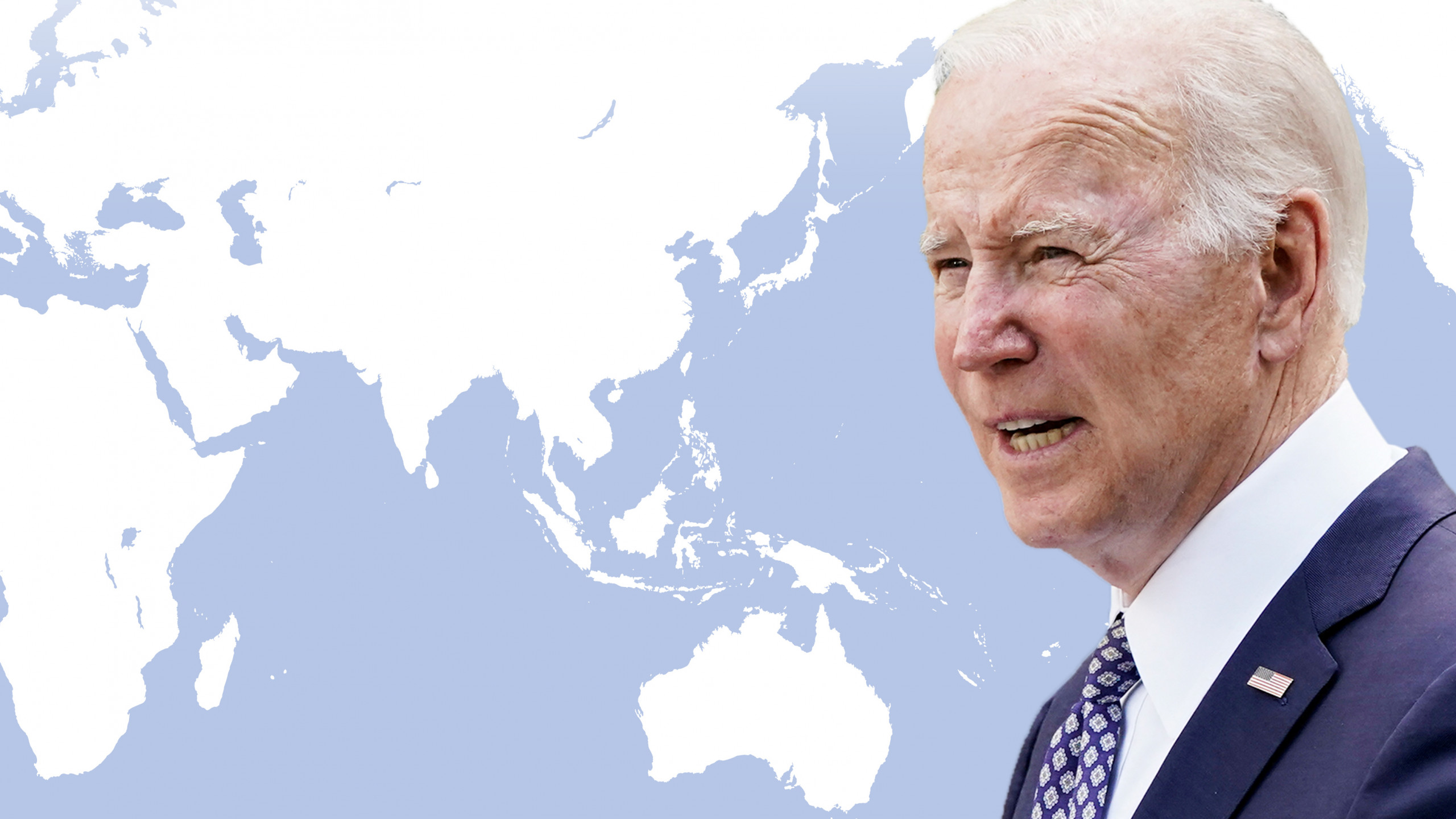ASEAN focuses on electric vehicle production to reconcile sustainability commitments and growth in its emerging economies.
In the wake of the Glasgow 2021 climate conference (COP26), Southeast Asian countries have pledged to accelerate the deployment of electric vehicles to limit emissions and meet the standards set by the Paris Agreement. According to Our World in Data, road transport is responsible for about 15% of total carbon dioxide emissions, as demand for cars is increasing worldwide, in accordance with the development of emerging economies and population growth. For these reasons, ASEAN policy makers have bet on new technologies to reconcile economic growth and sustainability imperatives. COP26 President Alok Sharma said that further acceleration in the adoption of electric vehicles (EVs) is needed if we are to make a difference for the planet: the provision that they will account for about half of new car sales by 2040, while already optimistic, is no longer a sufficient target.
In ASEAN, Thailand and Indonesia lead the turnaround for green mobility, while the Philippines and Malaysia are lagging behind. Vietnam, a fast-moving economy in Asia's emerging market landscape, also has very ambitious national plans in this regard. But the approaches of ASEAN member states are still fragmented, according to experts. As an example, the Socio-Cultural Community Blueprint 2025 on regional cooperation does not mention the need for new transportation technologies in its agenda for strengthening the Association as a regional and global player. In an interview with Nikkei Asia, Vivek Vaidya, associate partner at the consulting firm Frost & Sullivan, said that "every country has its own approach, every country has its own considerations, and therefore has its own strategies." Thus, there would be no single, consistent answer for EV promotion in the 10-nation Southeast Asian bloc.
Thailand has been identified as the "Detroit of Asia" for years, due to its undisputed leadership in global automotive value chains. In this regard, the national strategy "Thailand 4.0" is the vector of the electric turnaround undertaken by the country, which seeks to maintain its competitive advantages by aligning with environmentalist demands and international agreements. The ultimate goal for Bangkok is to allow only the sale of electric vehicles from 2035. The plan includes tax incentives to attract foreign investment to support its economic growth. As Pietro Borsano of the Turin World Affairs Institute suggests, this is a comprehensive strategy aimed at "increasing the competitiveness of the Thailand system." The Thai government's logic revolves around the role of exports as an engine of growth, so, according to experts, "any kind of investment in production that will increase exports" is welcome. This leaves room for competition among major international investors in the Southeast Asian automotive sector, including Japan, China, Korea.
New transport technologies have paved the way for another key player in the global automotive value chain: Indonesia. Already in contention to overtake Bangkok thanks to a growth in the sector that focuses more on domestic demand than on international trade, Jakarta hides an ace up its sleeve that could definitively mark the fate of its rival. It possesses, in fact, one of the largest deposits of raw nickel in the world. This is one of the key materials for the creation of lithium-ion batteries that power electric cars. The Thai government has recently banned its export to encourage foreign companies to invest in the local production of finished products, and is considering creating its own lithium battery industry through Indonesia Battery Holding.
Although policymakers often express great enthusiasm for this new electric revolution, some activists believe it is not the solution to focus on. Although the use of electric vehicles can lower the CO2 emissions attributed to road transport, there are a number of other factors to consider: the circumstances of lithium mining are often controversial, the freedom to make sustainable choices requires economic autonomy that condemns marginalized people and poorer countries to systematic exclusion from the electric mobility dream, and finally the political will is needed to coordinate efforts to respond to the labor demands of those sectors that would be replaced by the electrification of road transport.
This year the first conference on energy and environment was held, promoted by the ASEAN Center for Energy. On this occasion, expert Muhammad Rizki Kresnawan summarized the main issues of the electricity turnaround in Southeast Asia. First, the large capital requirements for infrastructure creation could further expose regional economies to the dependence on foreign investment. In addition, fossil fuels dominate regional electricity production, which could result in a reliance on imported fuel that threatens the area's energy security. Although it is widely believed that new technologies can accelerate the transition to a greener economy, intersecting political, social, and environmental challenges could make the deployment of electric vehicles less linear than ASEAN economies would have hoped.






